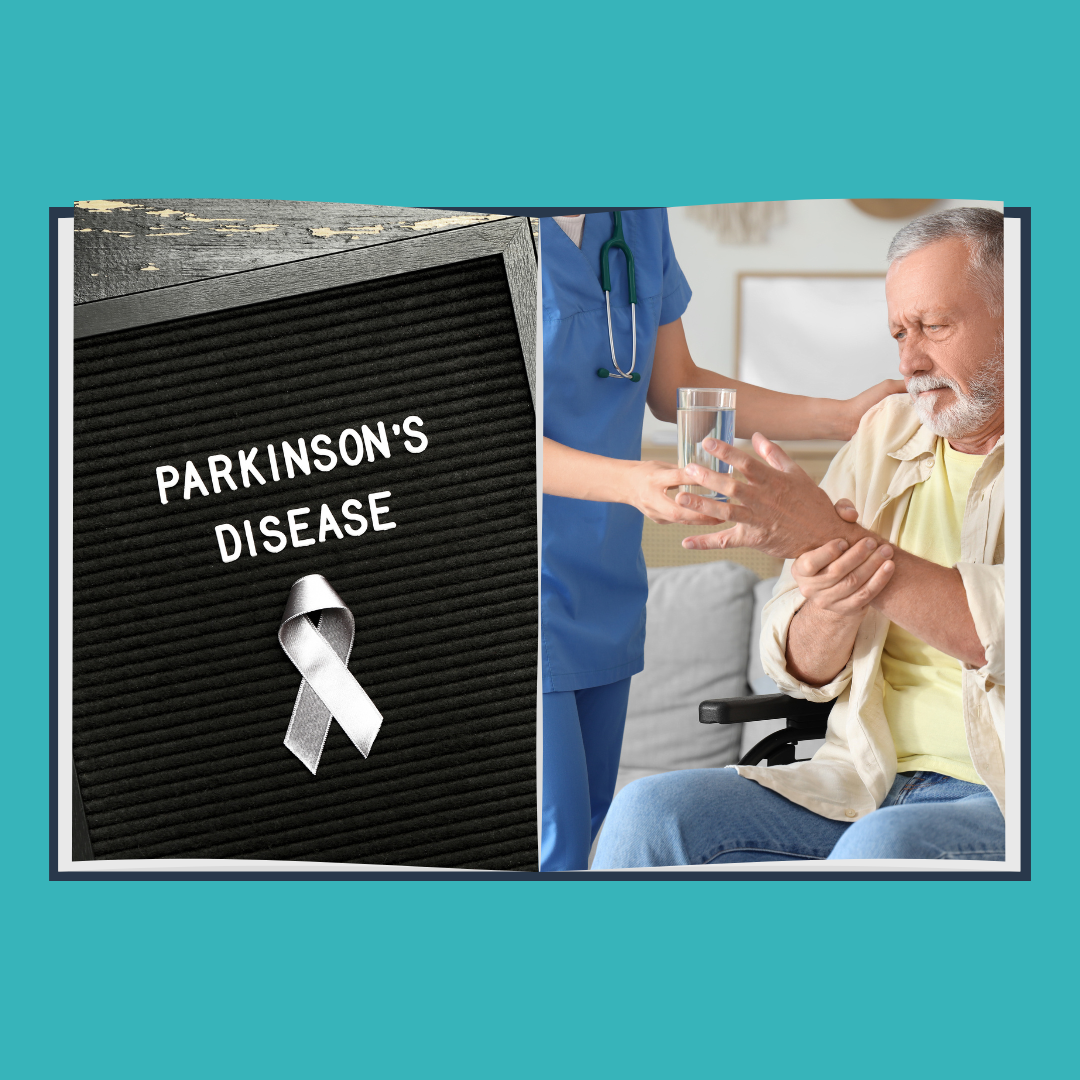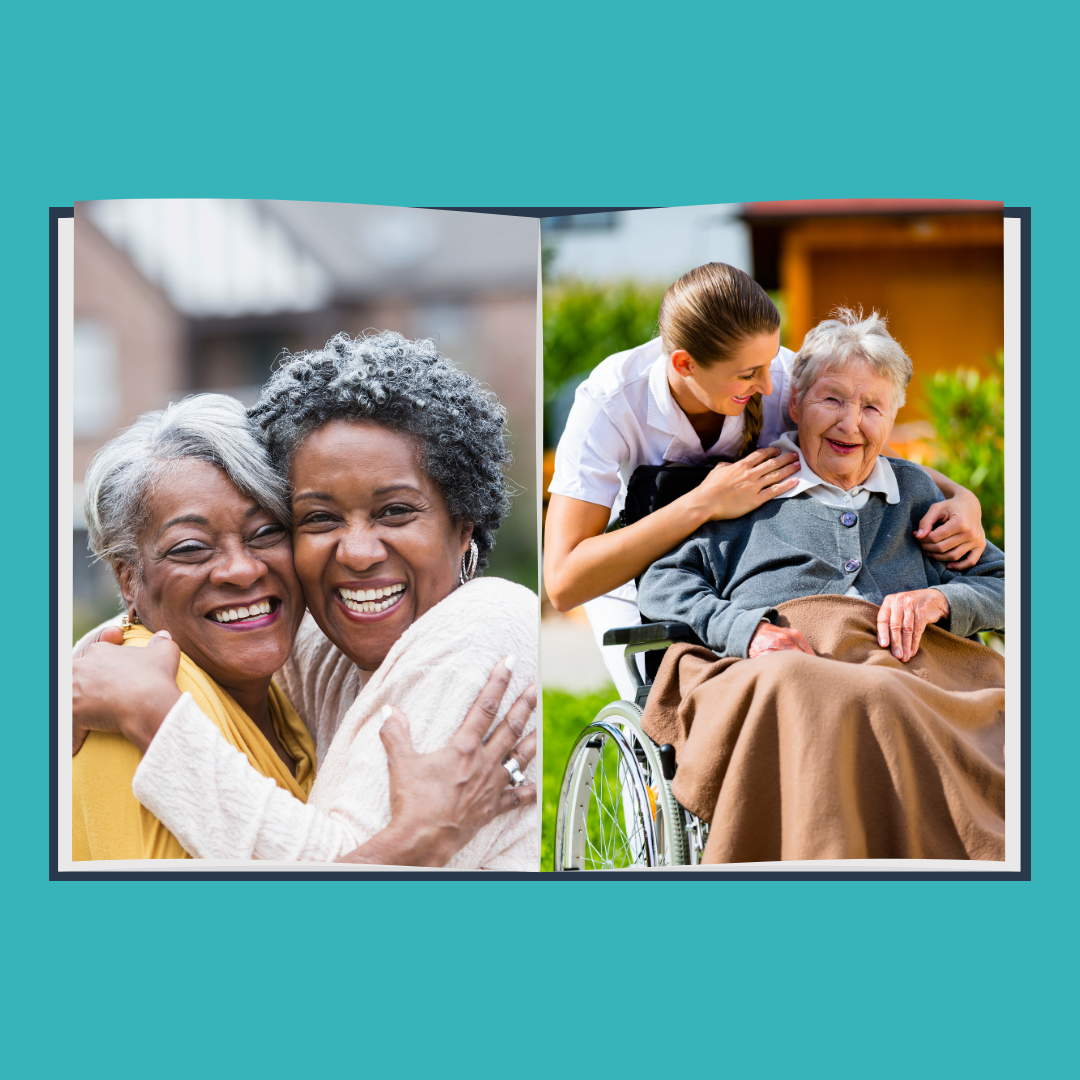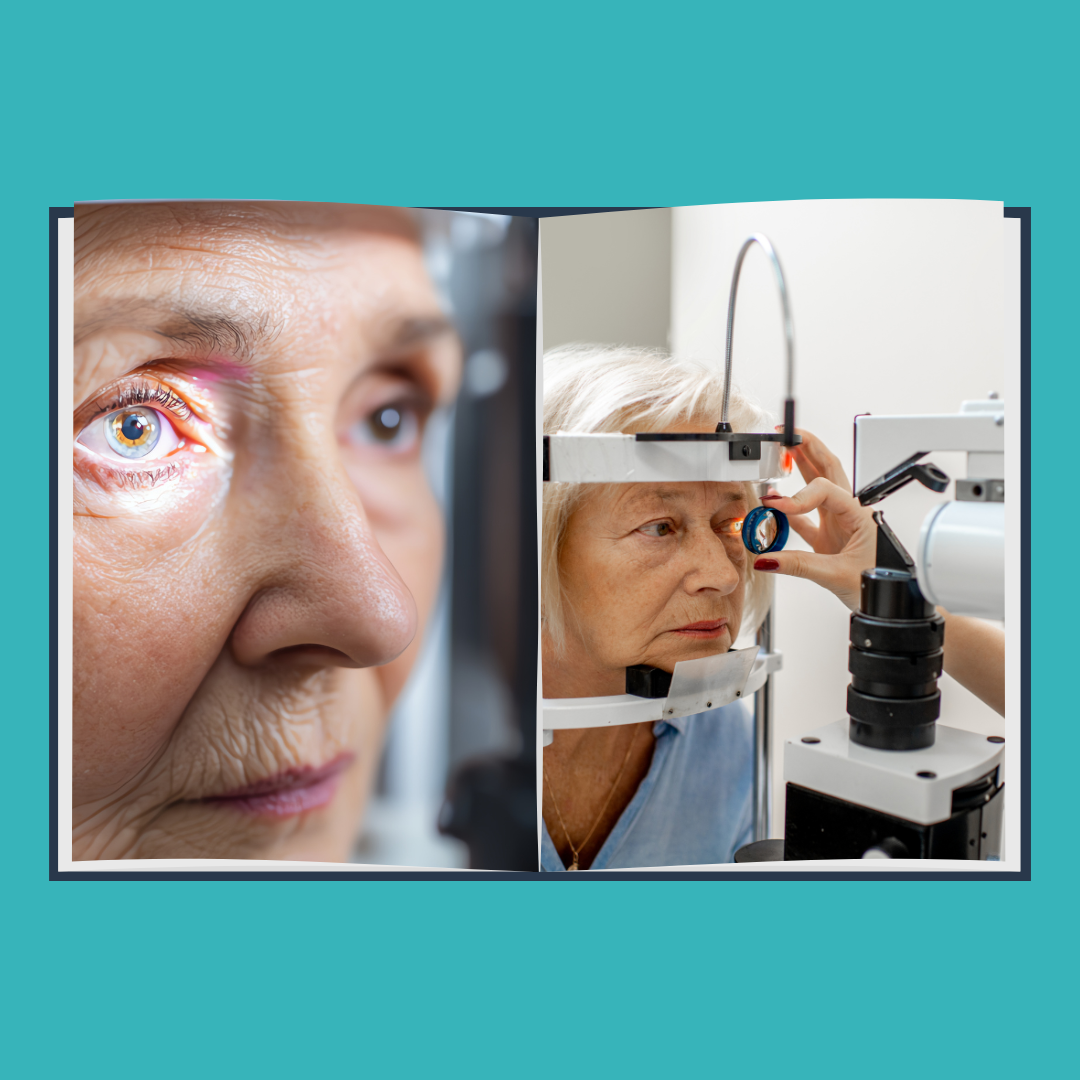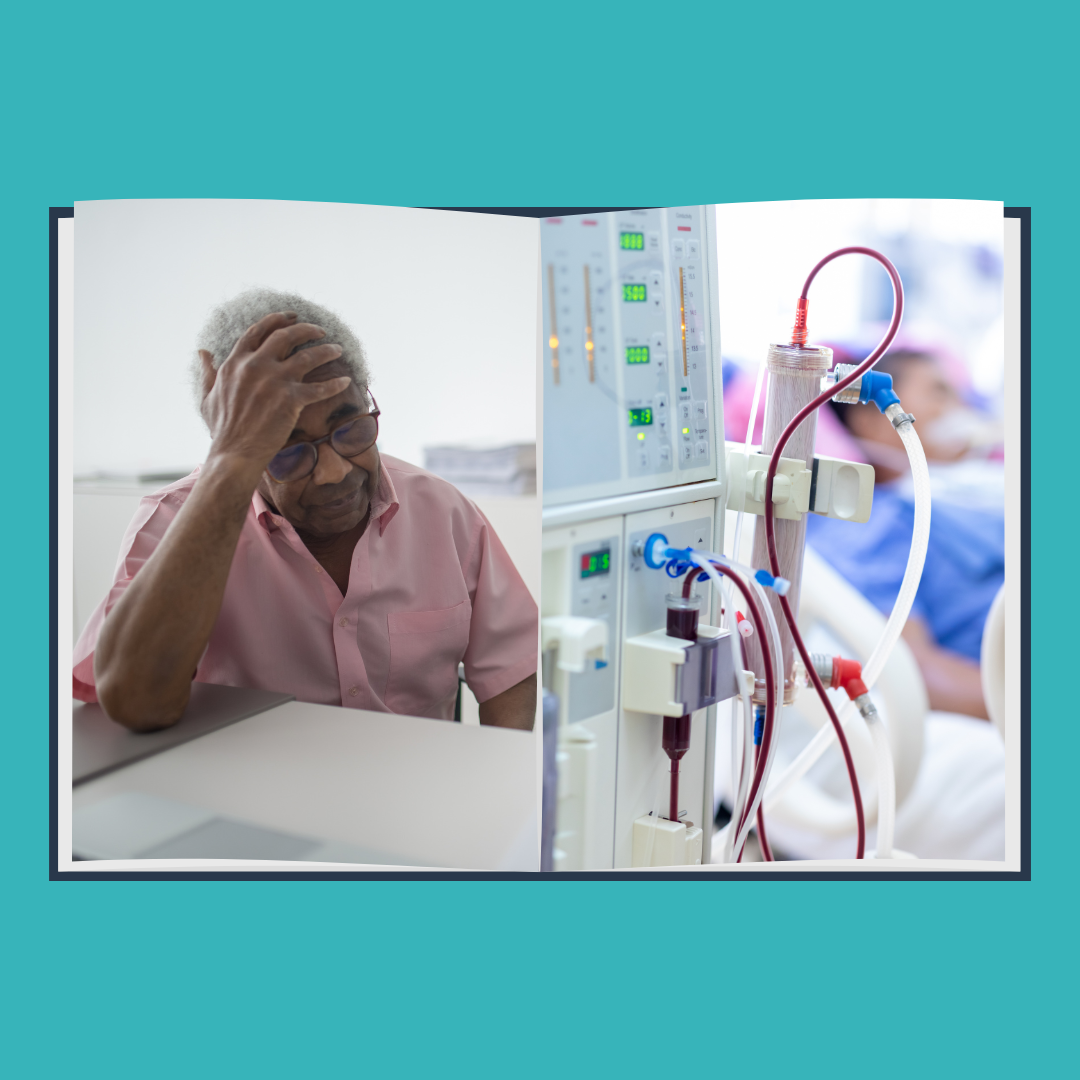New Paragraph
Understanding Skin Conditions in Seniors: Causes, Treatment, and Prevention
As we age, our skin undergoes various changes that can lead to a wide range of conditions, from dryness and wrinkles to more serious issues like skin cancer. The skin, being the largest organ of the body, is often one of the first areas to show signs of aging. Seniors are particularly vulnerable to certain skin conditions due to changes in skin structure, immune response, and exposure to environmental factors over the years.
In this article, we’ll explore common skin conditions affecting seniors, the causes behind these issues, treatment options, and preventive measures that can help maintain healthy skin as we age.
How Skin Changes with Age
Aging affects the skin in many ways, making it more susceptible to various conditions. Here are some key changes that occur in the skin as we age:
- Thinning of the Skin: The outer layer of skin, called the epidermis, becomes thinner with age. This leads to more fragile skin that is easily damaged and takes longer to heal.
- Loss of Elasticity: The skin loses collagen and elastin, which are responsible for keeping it firm and elastic. This can result in sagging and wrinkling.
- Decreased Oil Production: The skin’s sebaceous (oil) glands produce less oil, leading to dryness and a reduced ability to retain moisture.
- Reduced Blood Flow: Blood flow to the skin decreases, which can lead to a pale, dull complexion and slower healing of wounds.
- Weakened Immune Response: The skin’s immune defenses weaken with age, making seniors more prone to infections and slower to recover from them.
- Sun Damage: Years of exposure to UV radiation from the sun can accumulate and manifest in various skin conditions, including pigmentation changes and skin cancer.
Common Skin Conditions in Seniors
Understanding the most common skin conditions that affect seniors can help caregivers and family members identify and address these issues early.
1. Dry Skin (Xerosis)
Dry skin is one of the most common issues among seniors. As the skin loses its ability to retain moisture, it can become rough, flaky, and itchy. This condition is often exacerbated by environmental factors such as cold weather, dry air, and frequent bathing.
- Symptoms: Itching, scaling, redness, and cracking of the skin.
- Treatment: Moisturizing creams or ointments, particularly those that are oil-based, can help lock in moisture. Seniors should also avoid harsh soaps and take shorter, lukewarm showers or baths.
- Prevention: Regular use of moisturizers, using humidifiers in dry environments, and staying hydrated can help prevent dry skin.
2. Wrinkles and Fine Lines
Wrinkles and fine lines are a natural part of aging. They occur due to the loss of collagen and elastin in the skin, along with repeated facial expressions, sun exposure, and gravity. While they are mostly a cosmetic concern, some seniors may find them bothersome.
- Symptoms: Deep creases, fine lines, and sagging skin, especially around the eyes, mouth, and neck.
- Treatment: Over-the-counter anti-aging creams containing retinoids, peptides, or hyaluronic acid can improve skin texture. In more severe cases, dermatological treatments such as laser therapy, chemical peels, or Botox injections may be recommended.
- Prevention: Protecting the skin from UV radiation by wearing sunscreen, staying hydrated, and using moisturizers can help slow the development of wrinkles.
3. Age Spots (Liver Spots)
Age spots, also known as liver spots or solar lentigines, are flat, brown, or black spots that appear on areas of the skin exposed to the sun, such as the face, hands, arms, and shoulders. They are caused by long-term sun exposure and become more common with age.
- Symptoms: Dark, flat spots on sun-exposed areas of the skin.
- Treatment: Over-the-counter bleaching creams containing hydroquinone or prescription-strength creams can lighten age spots. Laser therapy and chemical peels are also options for removing or reducing their appearance.
- Prevention: Regular use of sunscreen with a high SPF, wearing protective clothing, and avoiding excessive sun exposure can help prevent age spots.
4. Skin Tears
Due to the thinning of the skin, seniors are more prone to skin tears, which occur when the top layer of skin separates from the underlying layer due to trauma or friction. Skin tears can be painful and slow to heal, and they increase the risk of infection.
- Symptoms: Superficial wounds or lacerations, often with a flap of skin hanging loose.
- Treatment: Skin tears should be cleaned gently and covered with non-adhesive dressings. Keeping the skin moisturized can help reduce the risk of future tears.
- Prevention: Seniors should wear protective clothing, use padding in vulnerable areas, and take care when handling the skin to prevent trauma.
5. Eczema
Eczema, or dermatitis, can persist or develop in older adults. It causes red, itchy, and inflamed patches of skin. In seniors, it is often associated with dry skin and can be triggered by irritants, allergens, or stress.
- Symptoms: Red, inflamed, itchy patches of skin, often found on the arms, legs, and face.
- Treatment: Topical corticosteroids and moisturizers can help manage symptoms. Avoiding known triggers, such as harsh soaps or certain fabrics, can prevent flare-ups.
- Prevention: Regular moisturizing and identifying and avoiding triggers are key to preventing eczema flare-ups.
6. Shingles (Herpes Zoster)
Shingles is a viral infection caused by the reactivation of the chickenpox virus (varicella-zoster). It results in a painful, blistering rash that typically appears on one side of the body. Seniors are at higher risk for shingles due to weakened immune systems.
- Symptoms: Painful rash with blisters, itching, and tingling, often localized to one side of the body or face.
- Treatment: Antiviral medications can reduce the severity and duration of the illness if taken early. Pain management is also important, and treatments may include pain relievers or topical numbing creams.
- Prevention: The shingles vaccine is recommended for older adults to reduce the risk of developing shingles.
7. Bedsores (Pressure Ulcers)
Bedsores, also known as pressure ulcers, occur in seniors who are immobile for extended periods. Pressure on certain areas of the body—such as the back, heels, and hips—can restrict blood flow, leading to tissue damage and ulcers.
- Symptoms: Red, inflamed areas of skin that may progress to open sores if untreated.
- Treatment: Bedsores require proper wound care, including cleaning, dressing, and sometimes antibiotics if an infection is present. Repositioning the body frequently to relieve pressure is essential.
- Prevention: Repositioning immobile seniors regularly, using supportive cushions, and maintaining good skin hygiene can help prevent bedsores.
8. Skin Cancer
Skin cancer, including basal cell carcinoma, squamous cell carcinoma, and melanoma, is a serious concern for seniors, particularly those with a history of sun exposure. Melanoma is the most dangerous form of skin cancer and can spread to other parts of the body if not treated early.
- Symptoms: New or changing moles, unusual growths, or lesions that do not heal. Warning signs include asymmetry, irregular borders, multiple colors, or changes in size.
- Treatment: Treatment options include surgical removal, radiation therapy, and, in advanced cases, chemotherapy or immunotherapy. Early detection is key to successful treatment.
- Prevention: Regular skin checks, avoiding excessive sun exposure, wearing sunscreen, and seeking medical attention for suspicious skin changes can help prevent and catch skin cancer early.
Prevention and Skin Care Tips for Seniors
Taking care of the skin is essential for seniors to prevent and manage these common skin conditions. Here are some tips for maintaining healthy skin:
- Moisturize Regularly
Keeping the skin hydrated is one of the most effective ways to prevent dryness, irritation, and other skin issues. Seniors should use thick, oil-based moisturizers after bathing to lock in moisture. - Use Sunscreen
Sunscreen is crucial for preventing age spots, sunburn, and skin cancer. Seniors should use a broad-spectrum sunscreen with an SPF of at least 30 and reapply it every two hours when outdoors. - Stay Hydrated
Drinking plenty of water helps maintain skin hydration and elasticity. Seniors should aim to drink enough fluids throughout the day to keep their skin and overall health in good condition. - Avoid Harsh Soaps
Using gentle, fragrance-free cleansers can help prevent irritation and dryness. Harsh soaps can strip the skin of its natural oils, leading to further dryness. - Regular Skin Checks
Seniors should perform regular self-exams to check for new or changing moles, growths, or lesions. Consulting a dermatologist for yearly skin checks is also recommended, especially for those with a history of sun exposure or skin cancer. - Maintain a Healthy Diet
A balanced diet rich in vitamins and minerals, particularly vitamins A, C, and E, supports skin health. Eating plenty of fruits, vegetables, and healthy fats can promote glowing, healthy skin.
Skin conditions in seniors are common, but with proper care and attention, many of these issues can be managed or even prevented. Understanding the changes that occur in the skin with age, recognizing the signs of common skin conditions, and taking preventive measures can help seniors maintain healthy, comfortable skin as they age.
Early detection and treatment are key to addressing more serious conditions like skin cancer, while regular moisturizing, sun protection, and healthy lifestyle habits can go a long way in preventing issues like dryness, wrinkles, and age spots. By staying proactive in skin care, seniors can enjoy healthier skin and a better quality of life in their later years.









